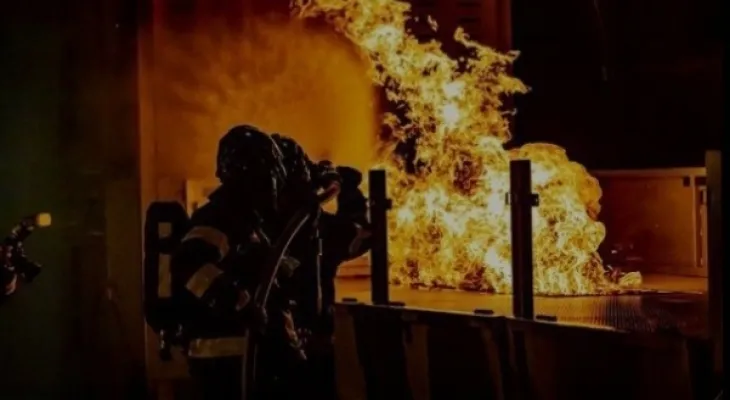Search here
Newspaper
Search here

Arab Canada News
News

Published: October 2, 2022
In the end, all Brandon Armstrong was able to save was his mother's wedding dress and her Bible, as the man described the fire that destroyed his four-bedroom home and ended the lives of two people inside it, including his disabled mother. Brandon shared the details of the tragedy as part of a CTV investigation into delayed response times due to a severe shortage of volunteer firefighters.
Unless you live in a big city, you likely rely on volunteer fire departments. In fact, 83 percent of firefighters in Canada are not professional firefighters but part-time volunteers, who often also have full-time jobs, as they are on call 24 hours a day and commit hundreds of hours to unpaid training. The situation remains unchanged as older volunteers leave and not enough new recruits join, putting some communities - and the firefighters themselves - at risk. Todd McDonald, with Performance Concepts Consulting, says the international standard response time for rural volunteer fire departments is 14 minutes. However, the W5 investigation found that one in four fires in Kawartha Lakes has a response time greater than 20 minutes, including 28 and 29 minutes at times.
And although Brandon's home is about 10 minutes from the fire hall, it took 25 minutes for four firefighters - the minimum required to safely enter a burning building - to reach the scene, where Brandon's 65-year-old mother and the 22-year-old family friend were not saved.
Unlike police and ambulance services, fire departments across the country are fully funded by property taxes, with it up to individual municipalities to determine how much to invest in fire services. The independent report on Kawartha Lakes indicates that 71 additional volunteers are needed to meet the minimum guidelines. In light of this independent report, Kawartha Lakes is now committed to recruiting 60 volunteer firefighters by the end of 2022.
Comments